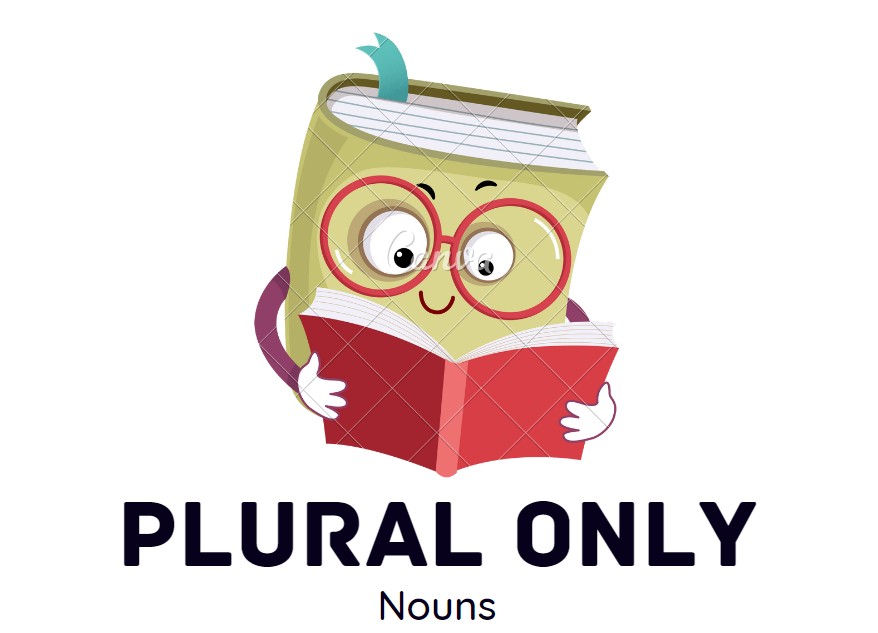About Nouns That Appear In Plural Only

Here’s a simple conversation about nouns that appear in plural only:
Person A: Hey, have you noticed some words that only come in plural form?
Person B: Yeah, like what?
Person A: Words like “scissors,” “pants,” and “glasses.” They never seem to have a singular form.
Person B: True! I always wonder, is it “a scissors” or “a scissor”?
Person A: Right? But it’s always “a pair of scissors” or “a pair of pants.”
Person B: And don’t forget “news.” You can’t say “new,” it’s always “news.”
Person A: Exactly! It’s interesting how some nouns just prefer to be in pairs or groups.
Person B: I guess they like the company!
Person A: Haha, seems like it. Anything else you’ve noticed?
Person B: Well, “savings” is another one. You can’t really have just one “saving.”
Person A: Good point. Language can be so quirky sometimes.
Person B: Definitely, but that’s what makes it interesting!
Here’s a vocabulary list based on the conversation about nouns that appear in plural only:
| Noun | Meaning | Part of Speech | Pronunciation |
| Scissors | कैंची | Noun | कैंची (kainchi) |
| Pants | पैंट्स | Noun | पैंट्स (paints) |
| Glasses | चश्मा | Noun | ग्लासेस (glasses) |
| News | समाचार | Noun | न्यूज़ (nyooz) |
| Pair | जोड़ा | Noun | पेयर (pair) |
| Savings | बचत | Noun | सेविंग्स (savings) |
| Quirky | उत्कृष्ट | Adjective | क्वर्की (quirky) |

